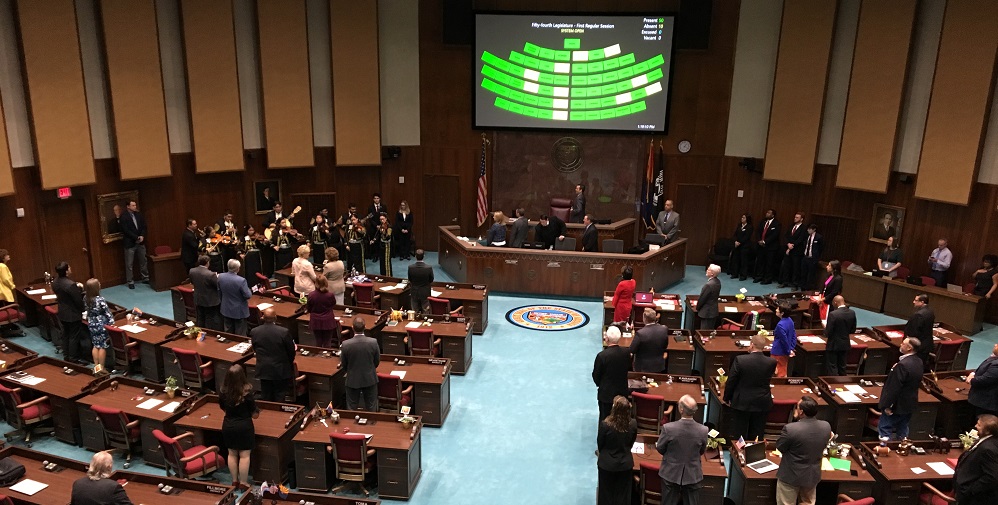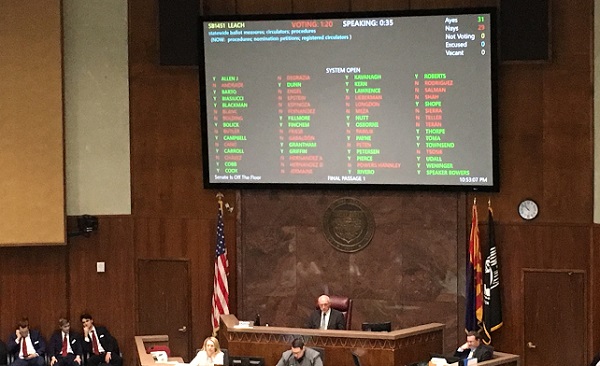
The following column is the opinion and analysis of the writer:
BOB VINT
Special to the Arizona Daily Star
Our community has been roiled in recent months by a controversy over the proposed expansion of Tucson's Reid Park Zoo into sensitive areas of Reid Park.
We can't agree on whether Barnum Hill is a just a pile of dirt standing in the way of progress, or a special place full of memories for thousands of Tucsonans. City officials are cognizant of their responsibility to spend tax dollars wisely, while activists advocate for preserving the majestic old trees, aquatic wildlife and public green space to counteract the heat island effect raising temperatures in our fair city.
Leaving disagreements aside, a group of Tucsonans has developed an alternative concept that addresses the legitimate concerns of all parties: a way to expand the zoo within a reasonable budget, while saving Barnum Hill and its mature tree canopy, the south pond, as well as all existing public green space.
We're calling this alternative 'G-Minor' because it's a variation of the community-preferred concept 'G' (expanding north into an underutilized service area) from among the many choices offered in the city's recently conducted survey.
We propose to extend the zoo north into a paved area now containing prefab metal storage structures that can be readily relocated off-site. Our approach is to reduce costs by minimizing disturbance of existing site features. Here's a written outline of our concept: A. Existing zoo entrance plaza to remain as-is (zero cost).
B. Existing zoo parking lot to remain as-is (zero cost).
C. Existing solar panel structures to remain as-is (zero cost).
D. Existing therapeutic center to remain as-is (zero cost).
E. Existing communications towers to remain as-is (zero cost).
F. Existing therapeutic pool and associated parking lot to remain as-is (zero cost).
G. Expand the zoo north into area of underutilized storage buildings (this would be approximately the same cost as Tucson city manager's favored Concept D.
* Additional cost: Replacement of metal storage buildings, which would be approximately $1.5 million.
H. A New over/under concrete arch bridge to connect the zoo expansion and permit pedestrian and service access to pool, ponds and Barnum Hill (cost: two spans at $250,000 each total out to $500,000.
The key to making this work is a pedestrian bridge extending north from the present zoo to the expansion area, while allowing east-west pedestrian traffic beneath it, along with access for required service vehicles.
We have explored the concept and received a cost estimate from an innovative engineer who designs and builds cost-effective thin-shell concrete arched bridges.
Such a bridge, which can be gently sloped for accessibility, would add an exciting element to the zoo experience, and permit the expansion without cutting the park in half. As a bonus this concept preserves the existing 4.3 acres of green space that would be lost under Concept D.
The cost of the bridge is offset by the savings of not having to re-create lost parkland elsewhere. And a bridge is a nice thing! (think of the bridges in NYC's Central Park — and Reid Park is Tucson's Central Park). Pedestrians crossing over would have views of the wider park and pond, plus distant views. Passers-by in the park would see zoo-goers crossing. A bridge becomes a signature element, an amenity for all.
My experience as an architect working with the Arizona/ Sonora Desert Museum tells me that the extra walking distance necessary to cross the bridge is actually an advantage.
One reason the Desert Museum expanded into the Arizona Uplands area was to increase their footprint, to be able to spread visitors out to avoid crowding. Plus, walking is good for us!
And the bridge might include zoo displays, demonstrations and exhibits along its path. In this light the extra distance is an opportunity, which can be accomplished without excessive cost.
In the end, the true value of preserving the heart of Reid Park isn't measured in dollars and cents. It's the environmental benefit of saving the great trees and the open space to be enjoyed by the community, for the common good, while accommodating the needs of the Reid Park Zoo.
Bob Vint is an architect and Tucson native. He's teaches arid region urban design at the University of Arizona School of Architecture.
https://savetheheartofreidpark.org/option-gminor?fbclid=IwAR1icOEf3LTHcSs1GrAtHVQTHU7GR9Oy-4esQdApQqH6DhBS7-iHyecpHSc
Contact information for your City Council Members:
https://www.tucsonaz.gov/city-government
Tucson City Council votes to expand Reid Park Zoo to the northwest, Tucson.com, May 5, 2021















